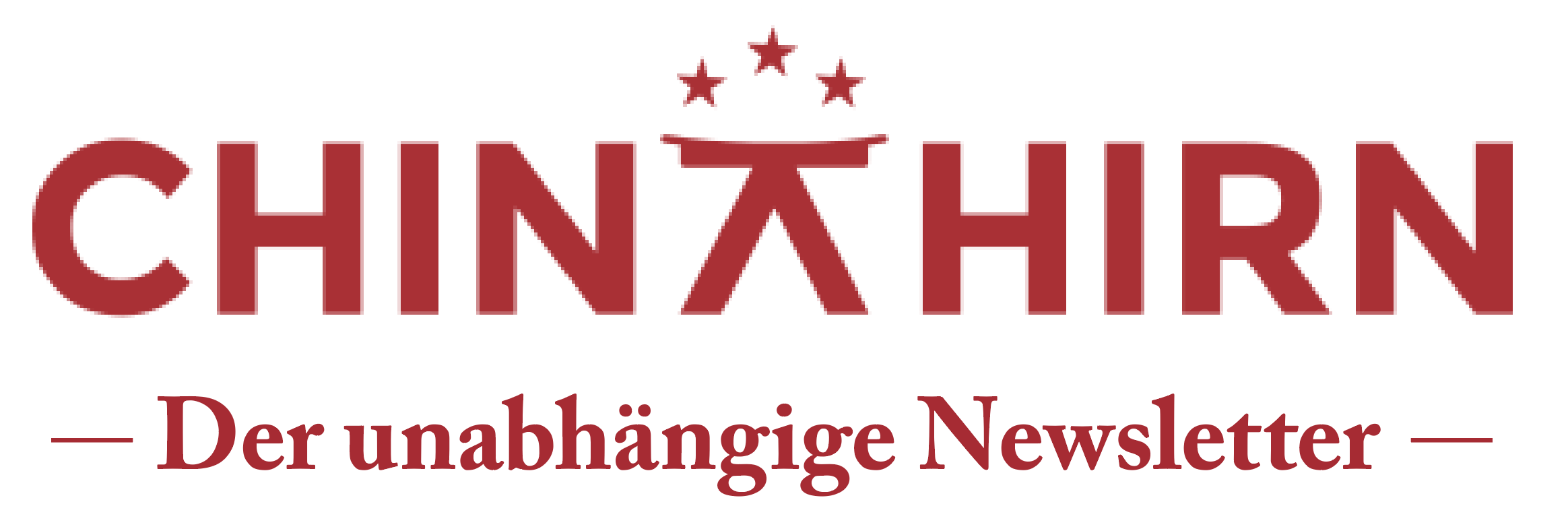NATO ist bekanntlich die Abkürzung für North Atlantic Treaty Organization. Ihr gehören 30, bald 32 Staaten diesseits und jenseits des Atlantiks in Europa und Nordamerika an. Doch beim NATO-Gipfel in Madrid rückte ein ganz anderes Gewässer in den Blickpunkt – der Pazifik. Vier Regierungschefs aus dieser Region – Anthony Albanese (Australien), Fumio Kishida (Japan), Jacinda Ardern (Neuseeland) und Yoon Suk Yeol (Südkorea) – weilten deshalb unter ihren Kollegen und Kolleginnen aus den NATO-Staaten. Warum wirft die NATO ein Auge auf den Pazifik? Weil dort ein Akteur immer mächtiger wird, dem die NATO misstraut und dem sie(fast) alles zutraut: China. Ein Feind ist es noch nicht. Aber eine Gefahr und ein Risiko stelle das Land schon dar. So sehen es jedenfalls die USA und Großbritannien. Trotzdem fanden diese Einschätzungen keinen Eingang in das „NATO 2022 Strategic Concept“, das auf dem NATO-Gipfel in Madrid verabschiedet wurde. Aber trotzdem ist dieses Papier bemerkenswert. Denn zum ersten Mal wird in einem Strategiepapier China erwähnt – und zwar als „systemischer Herausforderer“. Zum Vergleich: Im letzten Strategiepapier aus dem Jahre 2010 war von China keine Rede. Diesmal taucht China dagegen an mehreren Stellen des 16seitigen Papiers auf. Vor allem in den Punkten 13 und 14 wird China direkt angesprochen. Auszüge:
- „The People’s Republic of China’s (PRC) stated ambitions and coercive policies challenge our interests, security and values. The PRC employs a broad range of political, economic and military tools to increase its global footprint and project power, while remaining opaque about its strategy, intentions and military build-up. The PRC’s malicious hybrid and cyber operations and its confrontational rhetoric and
disinformation target Allies and harm Alliance security. The PRC seeks to control key technological and industrial sectors, critical infrastructure, and strategic materials and supply chains. It uses its economic leverage to create strategic dependencies and enhance its influence. It strives to subvert the rules-based international order, including in the space, cyber and maritime domains. - We remain open to constructive engagement with the PRC, including to build reciprocal transparency, with a view to safeguarding the Alliance’s security interests. We will work together responsibly, as Allies, to address the systemic challenges posed by the PRC to Euro-Atlantic security and ensure NATO’s enduring ability to guarantee the defence and security of Allies.
- The PRC is rapidly expanding its nuclear arsenal and is developing increasingly sophisticated delivery systems, without increasing transparency or engaging in good faith in arms control or risk reduction.”
Was bedeutet diese systemische Herausforderung durch China? Wird sich die NATO Richtung Pazifik ausdehnen? Unter Punkt 44 heißt es lediglich allgemein: „We will strengthen our ties with partners that share the Alliance’s values and interest in upholding the rules-based international order. We will increase outreach to countries in our broader neighbourhood and across the globe and remain open to engagement with any country or organisation, when doing so could bolster our mutual security.” Aber die Anwesenheit der vier oben genannten Premiers – im Jargon AP-4 Group genannt – lässt auf eine engere Zusammenarbeit zwischen diesen und der NATO schließen. Japans Ministerpräsident Kishida sagte dies auch deutlich in Madrid: “NATO is an important partner for Japan, and we are working to further strengthen our cooperation with this Organization.“
In China befürchtet man Schlimmes. Die Reaktion kam denn auch prompt. Die EU-Botschaft der Chinesen ließ verlauten: “NATO is a Cold War remnant and the world’s largest military alliance. Thirty years after the end of the Cold War, it has not yet abandoned its thinking and practice of creating ‘enemies’ and engaging in bloc confrontation.” Merics-Experte Grzegorz Stec kommentiert: „Der NATO-Gipfel wird Beijings Ängste vor US-geführten Koalitionen verstärken und China darin bestärken, eigene Bündnisse zu bilden, um der befürchteten Eindämmung entgegenzuwirken und sich auf der internationalen Bühne zu behaupten.“
Info:
Das „NATO 2022 Strategic Concept” in voller Länge hier: https://www.nato.int/nato_static_fl2014/assets/pdf/2022/6/pdf/290622-strategic-concept.pdf
Die Reaktion der chinesischen EU-Botschaft: http://eu.china-mission.gov.cn/eng/fyrjh/202206/t20220630_10712350.htm?utm_source=POLITICO.EU&utm_campaign=6fb60fbb9f-EMAIL_CAMPAIGN_2022_06_30_08_59&utm_medium=email&utm_term=0_10959edeb5-6fb60fbb9f-190772940
Die Rede von Japans Premier Kishida in Madrid: https://japan.kantei.go.jp/101_kishida/diplomatic/202206/_00006.html
